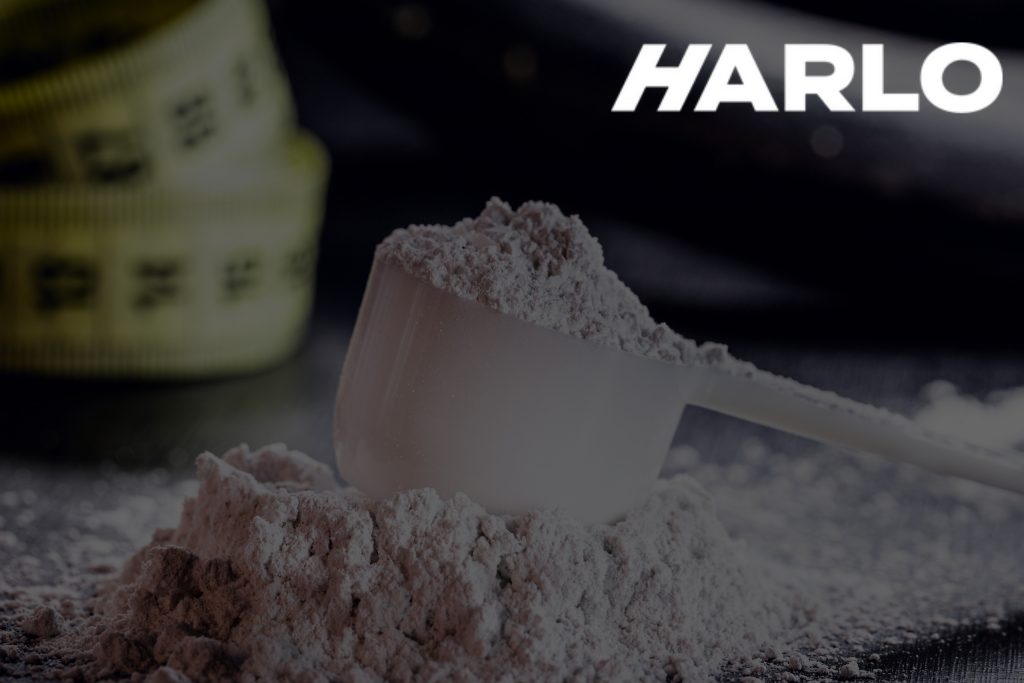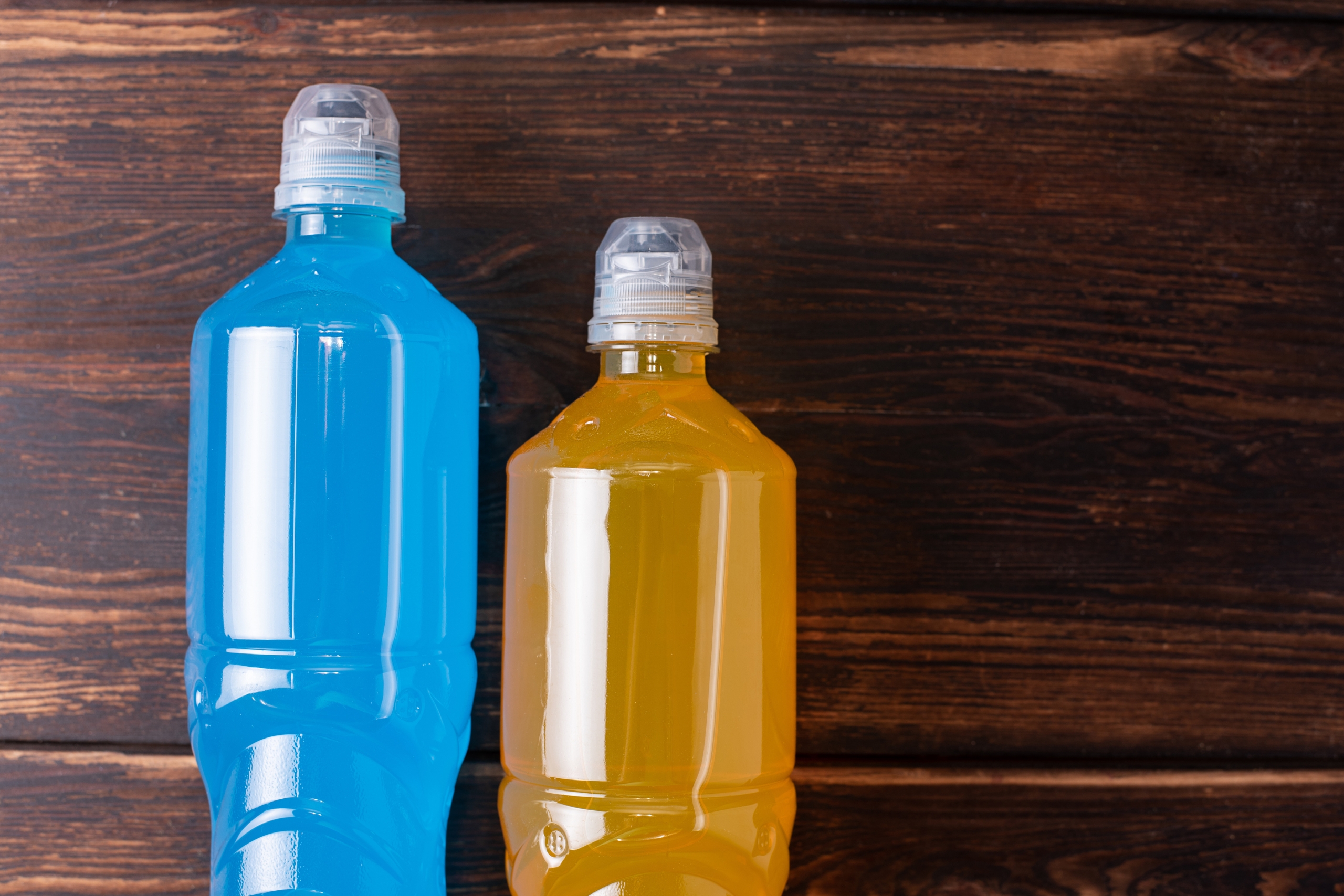What Is The Best Source Of Electrolytes?

What is the best way to stay hydrated and get your fluids back? There are so many choices on the market that it can be hard to figure out which one is the best.
Electrolytes are very important for keeping the body properly hydrated and making sure it works at its best. As a result of not getting enough fluids, you might feel thirsty, tired, and have muscle cramps. Making sure you know where to get the best fluids can help you stay hydrated.
It is important to know where to get your fluids, whether you are an athlete trying to refuel after a hard workout or just trying to stay hydrated during the day. This piece will talk about the different places salts can come from and pick the best one.
What are Electrolytes?
Electrolytes are chemicals that the body needs and that carry electric charges. These charged particles keep many body processes in balance and are very important for keeping everyone healthy. Sodium, potassium, calcium, magnesium, chloride, and phosphate are some of the most common ions in the body.
Electrolytes are very important for making sure that cells, nerves, muscles, and organs work properly. They help keep the body’s pH levels stable, keep muscle movements in check, and make it easier for nerve signals to travel. Electrolytes also help the body absorb nutrients and send them to all parts of the body.
You can’t say enough good things about electrolytes because they are involved in almost every process in your body. Any excess or lack of these nutrients can cause pH problems, which can be very bad for your health. If you don’t treat electrolyte imbalances, they can lead to signs like muscle weakness, tiredness, an uneven heartbeat, and even conditions that could be life-threatening.
It is very important to understand fluids and their part in the body in order to stay healthy and avoid problems. A healthy electrolyte balance can be achieved by eating a balanced diet that includes foods high in electrolytes, drinking enough water, and not drinking too many sugary or caffeine drinks.
Why are Electrolytes Important?
Electrolytes are very important for keeping the body’s fluid balance in check. Sodium, potassium, chlorine, calcium, and magnesium are some of the minerals that are found in body fluids like blood, pee, and sweat. One of their main jobs is to control how water moves between cells in the body, keeping the right balance for the body to work properly.
Electrolytes are important because they help keep the pH level, brain activity, muscle movements, and water levels in the body stable. Salt and potassium, for example, are needed for nerve and muscle activity to stay normal. They help send electrical signals to muscles that make them contract and to different parts of the body that send messages from the brain. Calcium is important for strong bones and muscles that work properly, and magnesium helps enzymes do their jobs and makes energy.
When chemicals are out of balance, it can be bad for your health. Electrolyte changes can happen for many reasons, like being dehydrated, sweating too much, having problems with your kidneys, or having certain medical conditions. Too much or too little of an electrolyte can throw off the body’s fluid balance and cause health problems. Electrolyte changes can cause cramps, weakness, tiredness, an abnormal heartbeat, seizures, and confusion.
Electrolyte Levels in the Body
Electrolytes are important chemicals in the body that help keep many bodily processes going. The body’s standard range of fluid levels is very important for health and well-being as a whole. Sodium, potassium, calcium, magnesium, chloride, and phosphate are examples of electrolytes in minerals.
Keeping the right mix of fluids in the body is important for keeping it working normally. For example, sodium and potassium help nerve and muscle cells talk to each other. Calcium is good for bones and helps muscles contract, and chloride keeps the body’s acidity level just right. Magnesium and phosphorus help make energy and support many chemical processes.
Electrolyte amounts in the body can be changed by a number of things. Diet is very important because eating foods that are high in electrolytes, like fruits, veggies, and dairy products, can help keep levels at the right amount. Electrolyte levels are also affected by exercise, especially when exercising hard or for a long time, because salts are lost through sweat. To keep electrolyte balance, it’s important to stay hydrated, since being dehydrated can cause changes and health problems.
Sources of Electrolytes
In order to keep the balance of fluids in our bodies, electrolytes are essential. Some of the things that the body does, like nerve signals and muscle movement, depend on these charged particles. Even though our bodies make electrolytes on their own, we often need to eat or drink things that are high in them to get enough.
1. Fruits and Vegetables
One of the best places to get salts is in fruits and veggies. These healthy foods give you a lot of different electrolytes, like calcium, magnesium, and potassium. Fruits and vegetables like bananas, oranges, avocados, and tomatoes have a lot of potassium, which helps keep blood pressure and heart function in check. Leafy greens like spinach and kale have a lot of magnesium, which is important for keeping muscles and nerves working well. Additionally, eating fruits and veggies is not only a great way to replace lost fluids but also to make sure you get all the vitamins and minerals you need.
2. Dairy Products
Calcium and other electrolytes can be found in large amounts in dairy goods like milk, yogurt, and cheese. Calcium is important for keeping bones and teeth strong. It also helps nerves work and muscles move. If you want to get more calcium and electrolytes, these dairy foods can be a great choice. But it’s important to pick low-fat or fat-free choices to keep your heart healthy and limit your intake of heavy fat.
3. Sports Drinks
For people who are doing a lot of physical exercise or sweating for a long time, sports drinks can be a great way to replace lost electrolytes. Electrolytes like sodium, potassium, and magnesium are often found in sports drinks. Carbohydrates are also added to give you energy. There are times when these drinks can be helpful, but it’s best to drink them in moderation because they may have added sugars or fake tastes. Also, it’s important to remember that plain water is usually enough for most people and that sports drinks shouldn’t be used instead of a healthy diet.

Conclusion
Keeping the right mix of electrolytes is important for your health and well-being as a whole. Electrolytes are very important for keeping the body’s fluid balance, controlling how nerves and muscles work, and helping with many other processes. Even though it’s good to get electrolytes from food, you may need to take extras in some cases, like when you’re sick, working out hard, or it’s hot outside. Fruits, veggies, dairy products, nuts, seeds, and coconut water are all natural sources of electrolytes. If you need to replace electrolytes quickly, electrolyte remedies like drinks, powders, pills, or gels can be very helpful. It is important to pay attention to what your body needs and make sure you are getting enough fluids to stay healthy and perform at your best.





